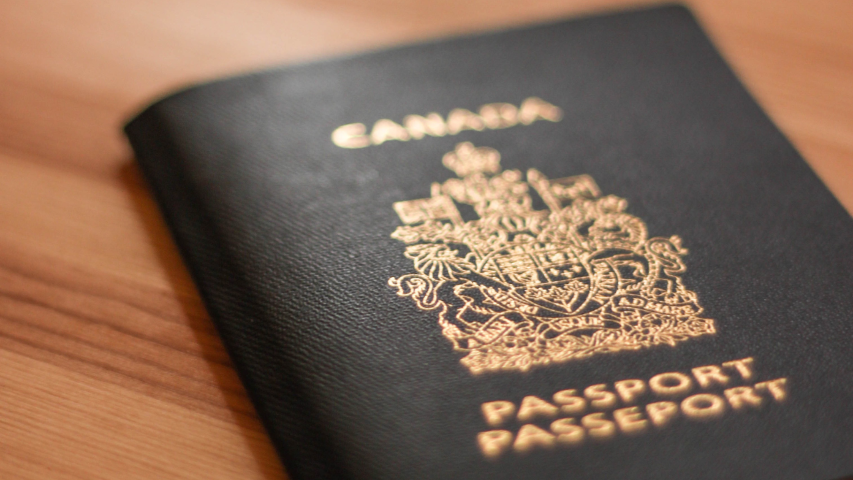

In Canada, the distinction between permanent residents (PR) and citizens is significant, despite both enjoying many similar rights. Permanent residents have the privilege to live, work, and study in Canada, but their status comes with limitations that citizens do not face. Individuals can benefit by understanding these differences and making informed decisions about their future in Canada.
A Permanent Resident is an individual who has immigrated to Canada and received PR status. This status allows them to enjoy numerous rights, but it does not equate to citizenship. Citizens possess additional rights and responsibilities, including the ability to vote and the opportunity to hold a Canadian passport. Recognizing these distinctions is crucial for anyone considering a long-term stay in Canada.
One of the most notable differences is in democratic engagement. Permanent residents cannot vote for political office. This means they are excluded from influencing the country’s leadership and policies. In contrast, citizens can actively participate in the democratic process, ensuring their voices are heard in shaping the nation’s future.
While permanent residents can work in Canada without needing a work permit, they face restrictions when it comes to specific jobs that require a high-level security clearance. Citizens, however, can access all job opportunities without these limitations, giving them broader options in the workforce.
Maintaining PR status involves specific residency obligations. Permanent residents must be physically present in Canada for at least 730 days over the last five years. These days do not need to be consecutive, but failure to meet this requirement could result in the loss of PR status. Citizens do not face similar residency requirements, allowing them more freedom to travel or reside outside Canada without losing their citizenship.
Travel is another area where the differences between PR and citizenship become clear. Permanent residents can travel with a PR card, which allows them to enter Canada and visit many countries visa-free for short stays. In contrast, Canadian citizens benefit from one of the strongest passports globally, allowing them visa-free travel to 187 destinations as of 2024. Additionally, citizens can access work and study opportunities abroad and enjoy diplomatic support from Canadian consulates while travelling.
Permanent residents can lose their status under certain circumstances, such as renouncing it or becoming inadmissible due to criminal or security issues. In comparison, losing Canadian citizenship is extremely rare and only occurs if it was obtained through fraud or misrepresentation. This stability makes citizenship a more secure status.
When it comes to family, the rules also differ. If a permanent resident has a child in Canada, that child automatically becomes a Canadian citizen. However, children born outside Canada to permanent residents do not get PR status automatically. In such cases, the parents can apply to sponsor their child, but this requires meeting specific eligibility criteria. In contrast, citizenship is generally passed down to children, although there are current discussions about changing the rules regarding children born abroad to Canadian citizens.
Here’s a quick comparison of the key differences between Canadian permanent residency and citizenship:
| Feature | Canadian PR | Canadian Citizen |
| Right to vote | No | Yes |
| Right to run for office | No | Yes |
| Right to run for office | Yes(except high-security jobs) | Yes |
| Right to open bank accounts and invest | Yes | Yes |
| Canadian passport | No | Yes |
| Right to live indefinitely | Yes(with valid PR card) | Yes |
| Travel freely | Limited to countries accessible via PR | Yes, to all countries accessible via passport |
| Guaranteed entry to Canada | No (if inadmissible) | Yes |
| Right to pass status to children who are born abroad | No | Yes (if parent born in Canada) |
Understanding these differences can empower individuals as they navigate their journey in Canada, whether as permanent residents looking to become citizens or those contemplating their immigration options.
In Canada, permanent residents enjoy various rights similar to citizens, including the ability to live and work in the country. However, they lack voting rights, face job restrictions, and must meet residency requirements to maintain their status. In contrast, citizens can participate in the democratic process, travel freely with a passport, and pass citizenship to their children, making citizenship a more secure and advantageous status.
Having an 'Identity Verified' badge or being 'Identity Verified' simply indicates that an individual has submitted information to complete our identity verification process or we have conducted internal verification using various authorized websites. While this process includes safeguards, it does not guarantee that the person is who they claim to be.
If you encounter any issues with this profile, please report them here. While all consultants who are verified have RCIC ID, we may not have the latest data in terms of their renewal/cancellation/discontinuation of their RCIC ID.
The "Verified Consultants" profiles are created using publicly available information, including data from the IRCC website, official consultant sites, other listing platforms, and social media. Immiperts.com is an independent platform, not affiliated with IRCC or any registered immigration consultants. To update, claim, or remove your profile, please contact us at [email protected].
╳